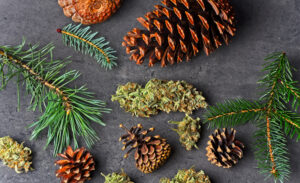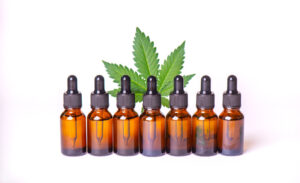If you’re at all interested in the world of cannabis, you’ve probably heard the term “cannabinoids.” Sometimes described as the major “active ingredients” in cannabis, they’re the compounds most responsible for the plant’s incredible medical (and psychoactive) effects.
We’d love to tell you more about cannabinoids, and we promise we won’t get too deep in the science. Whether you’re interested in incorporating cannabis into your self-care routine or want to enjoy its unforgettable euphoria, it never hurts to know your medicine! So with that out of the way, let’s meet a few of the major cannabinoids: THC, CBD, CBN, CBG, and THCA!
What Are Cannabinoids?
Let’s start at the beginning: What, exactly, are cannabinoids? A family of some 150 natural compounds native to the cannabis plant. They interface with our bodies through a network called—perhaps unsurprisingly—the Endocannabinoid System. Only identified in the last several decades, this system is now believed to be one of our body’s most important means of regulating its functions. And that’s in large part what makes the cannabinoids such powerful medicine.
THCA: THC’s “Mother” Compound
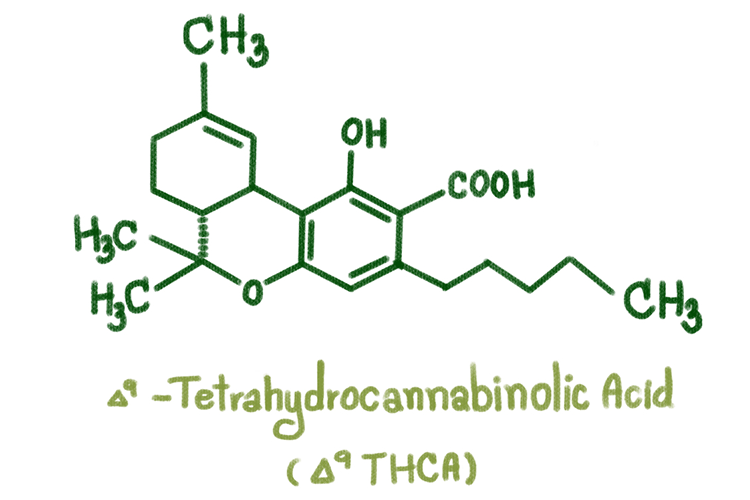
While we don’t usually interact much with THCA, we’re going to begin with this cannabinoid because of its importance. For while THCA itself isn’t psychoactive, it converts to THC, the most abundant cannabinoid (and the one responsible for the cannabis plant’s delightful “high”).
That’s not to say THCA isn’t doing anything. Research suggests that while it doesn’t get us high, it may have a role to play in fighting inflammation, treating nausea, and even helping protect us from neurodegenerative diseases like Alzheimer’s.
THC: The Cannabinoid that Needs No Introduction?
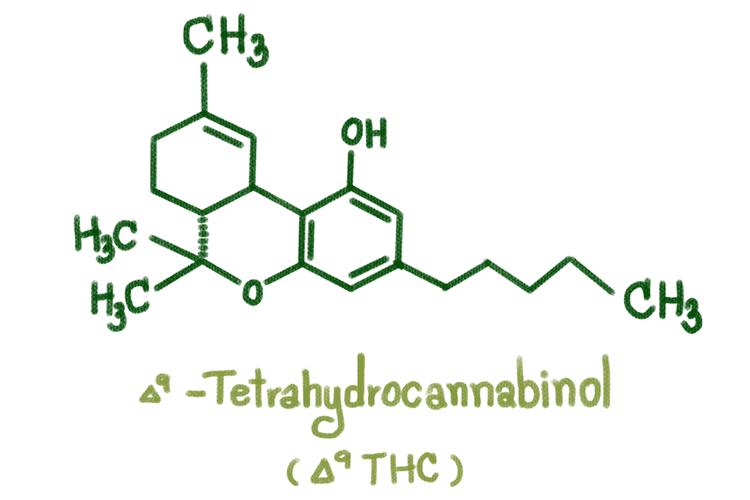
Okay, this is the big one. THC is the most abundant cannabinoid, and it’s safe to say it’s the most popular. Why? Because THC is the major source of the cannabis plant’s psychoactive “high.” But that’s not all.
THC is a powerful anti-inflammatory, helping us fight aches, pains and strains. Studies indicate that THC also helps reduce nausea, stimulate the appetite (yup, the “munchies” are real!) and enact other beneficial effects both great and small.
CBD: The Hot, New Cannabinoid
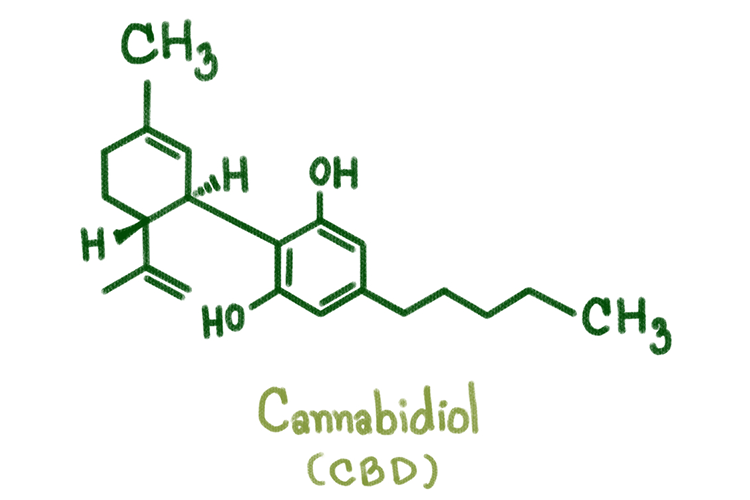
Starting a few years ago, CBD began to attract a whole lot of attention. While it can’t match THC’s blissful euphoria, it does impart some psychoactivity: It’s often described as a gentle energizing “buzz,” a slight mental stimulation that lifts our energy and mood.
But what really gets people’s attention are CBD’s medical effects. CBD is a powerful anti-inflammatory, and it can reduce pain at injury sites as well as in the brain. Many of us rely on CBD to reduce stress anxiety, a use that is increasingly supported by clinical evidence.
CBN: Help at Bedtime?
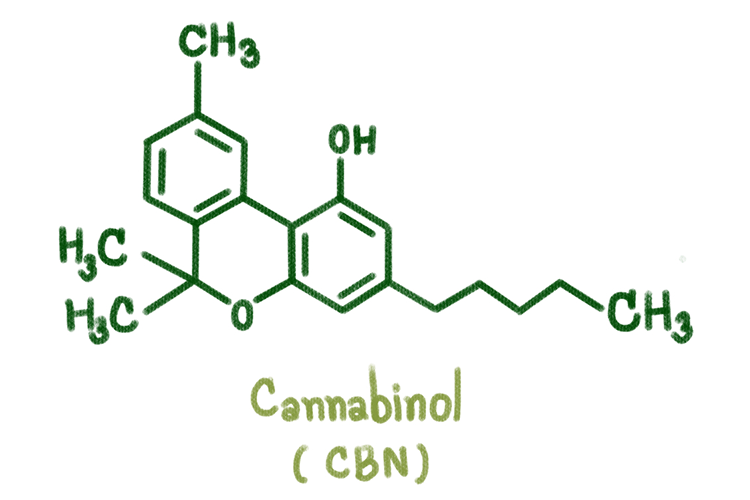
Once upon a time, researchers once believed this minor cannabinoid caused the cannabis plant’s psychoactive high (that’s THC, of course). Now we know that CBN is actually created by the chemical breakdown of THC due to heat or light. So if you leave your weed out in the sun, you’ll end up with a high-CBN strain.
What does CBN do for us? Studies suggest it’s an anti-inflammatory. Intriguingly, there are indications that it may be a powerful sleep aid, as suggested by a 2017 study.
CBG: Major Healing Potential from a Minor Cannabinoid
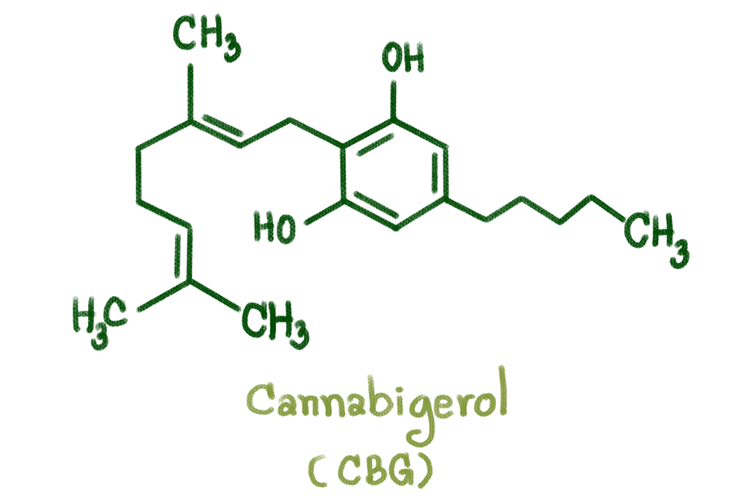
CBG was also identified decades ago, but research is only now unlocking its secrets. It’s currently being studied for its ability to treat a list of medical conditions, including inflammatory bowel disease, glaucoma, and potentially even cancer.
One problem in trying to study CBG is that up till now it was difficult to source. Now, a number of cannabis growers are working on strains that are naturally high in this powerful cannabinoid. Keep your eyes peeled for updates on what we hope will turn out to be a new cannabis-based medical powerhouse!
You can explore cannabinoids by checking out our Sherman Oaks menu. Need help? Schedule a consultation!

